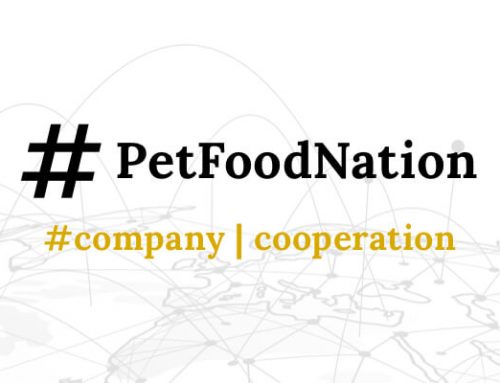In the realm of expanding sustainable alternatives, particularly in pet food, the Precision Fermentation Alliance (PFA) and Food Fermentation Europe (FFE) have introduced a novel definition for “precision fermentation.” Collaboratively crafted, this definition aims to elucidate the unique attributes of precision fermentation, distinguishing it from other alternative production methods.
The finalized definition elucidates that “precision fermentation integrates traditional fermentation processes with cutting-edge biotechnology to efficiently generate a targeted compound, be it a protein flavor molecule, vitamin, pigment, or fat.”
Digging into the specifics, the PFA and FFE elaborated on the precision fermentation process. It involves the insertion of a specific molecular sequence, derived digitally rather than directly from plants or animals, into a microorganism. This microorganism is then employed for fermentation to produce the desired molecule. Post-fermentation, the compounds are separated from the microorganisms, yielding the final product.
Having been utilized globally for over three decades in the development of medicines and common food ingredients, precision fermentation has garnered significance.
Irina Gerry, the spokesperson for PFA, emphasized the need to redefine precision fermentation amidst the influx of new food technologies. The collaboration with FFE culminated in a comprehensive definition emphasizing the distinct features of precision fermentation, its applications, and clear distinctions from other fermentation-based methods.
The new definition underscores key aspects of precision fermentation, including the application of bioengineering absent in traditional or wild fermentation, the production of specific compounds rather than cultivating an entire cell or biomass, sourcing from digital databases to eliminate animal involvement, filtering compounds, and leveraging proven technology with a track record of safety in food and medicine over decades.
Jevan Nagarajah, President of FFE, highlighted that while some applications of precision fermentation may be novel, the technology itself has been safely deployed in food and medicine, such as insulin production, for more than thirty years. The emphasis from the associations lies in the imperative understanding of precision fermentation and the dissemination of knowledge about its processes to facilitate the transition towards more sustainable food systems. In the pet food sector, strides are already evident, with companies like Paleo and Corbion advancing precision fermentation for palatants and fish oil alternatives.



